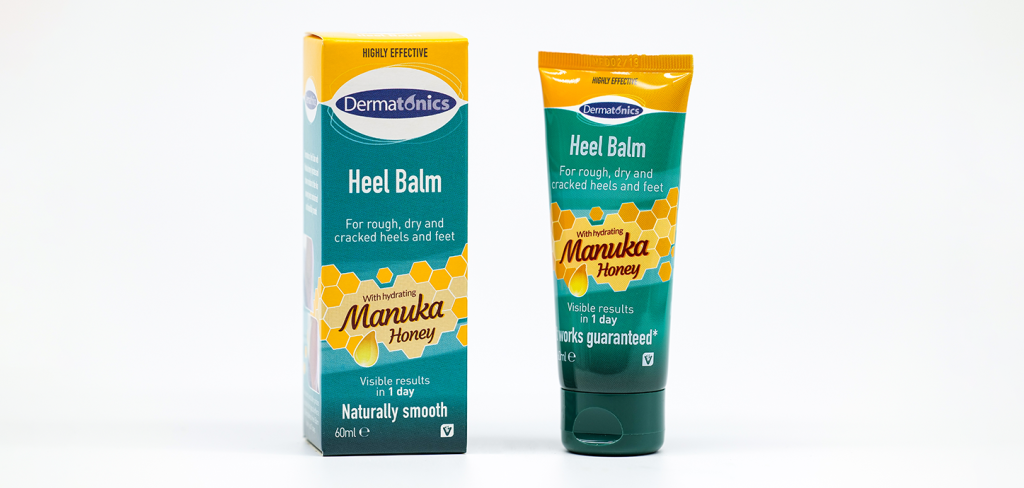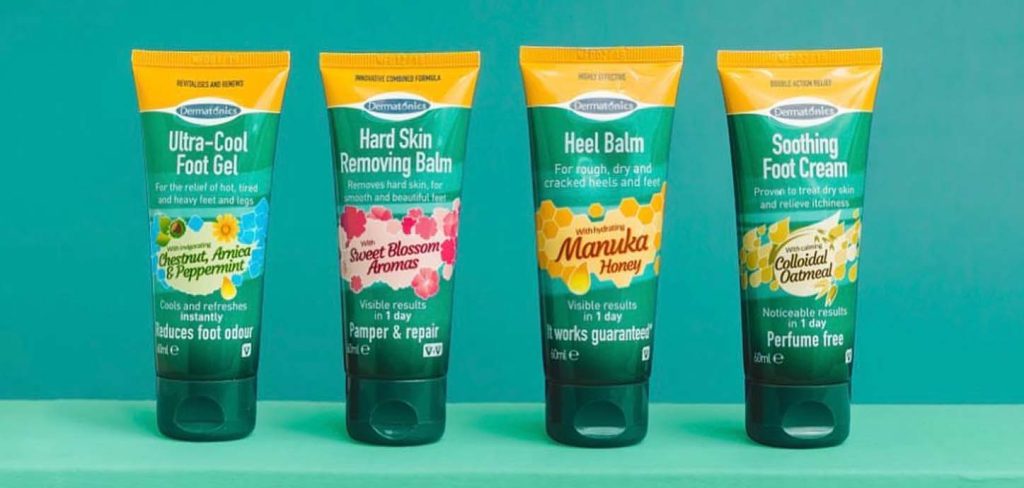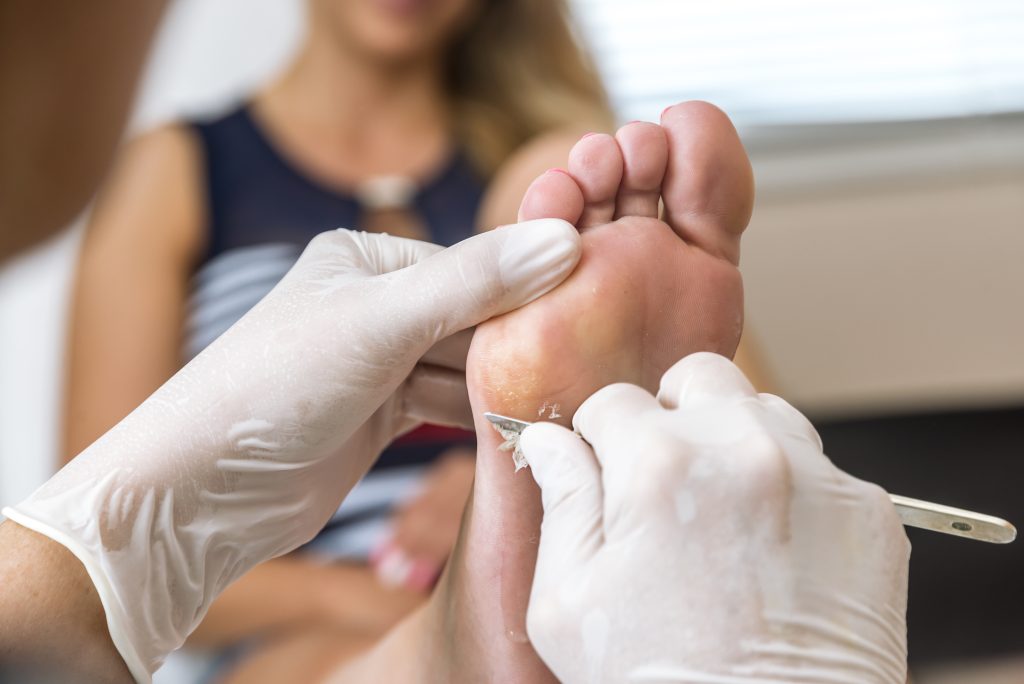
You must think about the consequences if you neglect your feet. It is always harder to fix a problem when it is broken.
Why should we care about foot health?
You have to think, everyone is on their feet all day, every day, they are with you for life! Your feet go through a lot day in day out, whether that is getting your 10,000 steps in, playing sport or wearing your fancy shoes, all of this is putting increased pressure through your feet. If you do not look after your feet, you will know about it! You must think about the consequences if you neglect your feet, it is always harder to fix a problem when it is broken. By maintaining good foot care the risk of different conditions occurring in your feet will reduce.
What are some common foot conditions to look out for?
There are many different foot conditions to be aware of, including athletes’ foot, chilblains, cracked heels, ingrown toenails, fungal nail infections, plus many more.
Athlete’s foot and fungal nails
These go hand in hand and sometimes one can be the cause of the other. Signs that suggest a fungal infection is present on the skin are; itchy, flaky and peeling skin, the skin may also be red with an underlying burning sensation. Signs of fungal nails being present are; thickened, discoloured, sometimes odorous and flaky nails. A warm, sweaty environment can trigger a fungal infection of the skin and nails, or unfortunately, both.
Cracked heels
This occurs when the skin cannot keep the levels of moisture retained in the skin. Also, a mixture of increased pressure to the heels and dryness of the skin also leads to cracked heels. Dehydrated skin is the main initial cause of cracked heels. The body will start to produce thick callus to protect the skin, then, as the skin becomes drier, cracks start to occur through the hard skin build up.
Ingrown toenails
can be caused due to many different factors, including ill-cutting, ill-fitting footwear, genetics, or the nature of the nail. Ingrown toenails are and can be very painful, it is always best to see a Podiatrist sooner rather than later. A lot of the time patients are prescribed anti-biotics and assume that will fix the toenail. However, 9 times out of 10 the problem is the actual nail and unless that is addressed, the pain will continue. There are different options for treatment of an ingrown toenail, including conservative treatment and nail surgery. I recommend seeing a podiatrist as they will be able to devise the correct treatment plan.
Chilblains
These mainly occur when feet have been too cold and then are warmed up too quickly (not always). Chilblains are most common on hands and toes. The cold weather makes the small blood vessels in the toes and fingers reduce even further, decreasing blood circulation. With a rapid increase in heat, the blood vessels suddenly get too big too quickly, blood rushes to the area which in turn causes pain, swelling and redness.
When should I see a podiatrist?
With some foot problems such as corns and ingrown toenails, it is best that they are seen to as soon as they start to become a problem or painful leading to increased discomfort and pain. With other routine chiropody, depending on how much treatment is needed in one appointment, my patients usually return every 6-8 weeks to maintain their foot health, ensuring the condition of their feet does not worsen.
Services available at The Healthcare Hub
We have numerous Podiatry services here at The Hub, including Free Foot Health advice every Monday afternoon with myself, Megan. I also carry out all the Chiropody appointments which run every Tuesday, Thursday, and Friday throughout the day. If you are suffering anything from callus and corns to ingrown toenails and verrucae, I will be able to assess your feet and devise the best treatment plan going forward. Appointments are available every week for general chiropody, verruca acid treatment and nail surgery. If you have a persistent problematic ingrown toenail, why don’t you pop in and make an appointment as nail surgery may be needed. Here at The Hub, you can be assured the service will be personable, professional and prompt.
What kind of shoes should you wear for general use?
A good pair of shoes should have a deep and wide toe box, a stiff sole, some sort of fastening (laces or Velcro) and it should be slightly elevated at the heel, in a 2:1 ratio front of the shoe. Another good point for a shoe is, you should not be able to bend the shoe in half, this would mean there is no support or structure in the shoe so your foot will not be supported when walking, increasing the risk of rolling or twisting your ankle, especially on uneven surfaces. If you have all these 5 points in a shoe, you can’t go wrong!
Product recommendations?
The best advice I can give for helping maintain foot health is moisturising your feet daily. Most common problems I see in clinic arise from lack of moisture in the skin. Developing a routine to moisturise our feet daily can be quite difficult. A lot of people have a daily moisturising routine for both face and body. Why not have your foot present, as a reminder to moisturise your feet as often as you moisturise your face! One of my favourite range of products we have here at The Hub is the Dermatonics creams. There are different creams available for different needs and conditions such as heel balm, soothing cream and hard skin removing balm.


If you are struggling or have concerns or questions, it is recommended that you see a healthcare professional. Feel free to contact us here at The Healthcare Hub on 02922 527 897 or email us on enquiries@healthcare-hub.co.uk for advice and recommendations or to book in with one of our experienced HCPC registered Podiatrists. Thank you for reading our blog on national feet week
Supporting your local community
